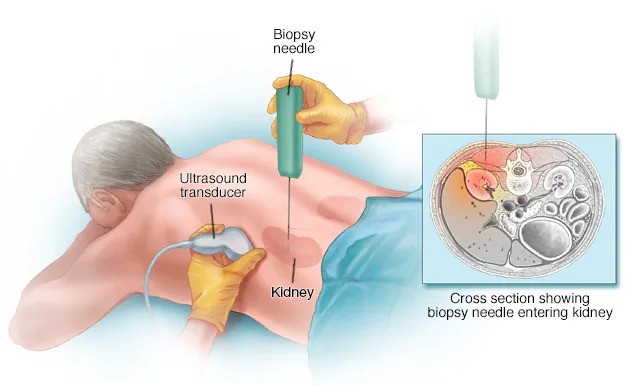Hemodialysis
Is a treatment that filters waste and excess fluids from your blood when your kidneys aren’t working properly. It’s a common treatment for advanced kidney failure.
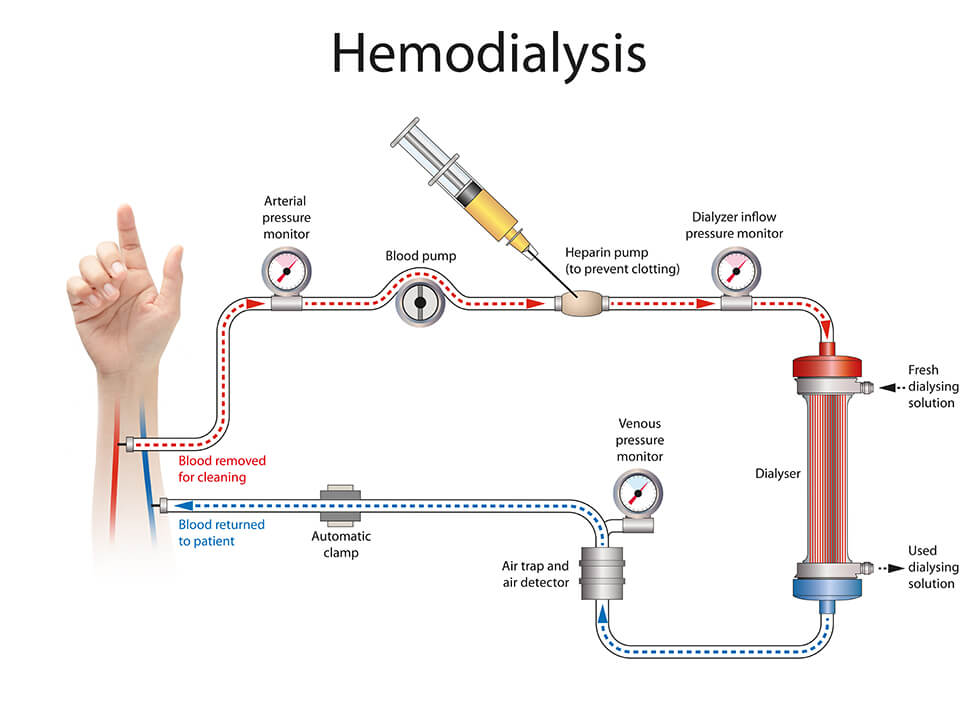
Hypertension
Hypertension, also known as high blood pressure, is a condition where the pressure in your blood vessels is too high. It can be serious if left untreated.

Kidney stone
A small, hard deposit that forms in the kidneys and is often painful when passed.
Kidney stones are hard deposits of minerals and acid salts that stick together in concentrated urine. They can be painful when passing through the urinary tract, but usually don’t cause permanent damage.
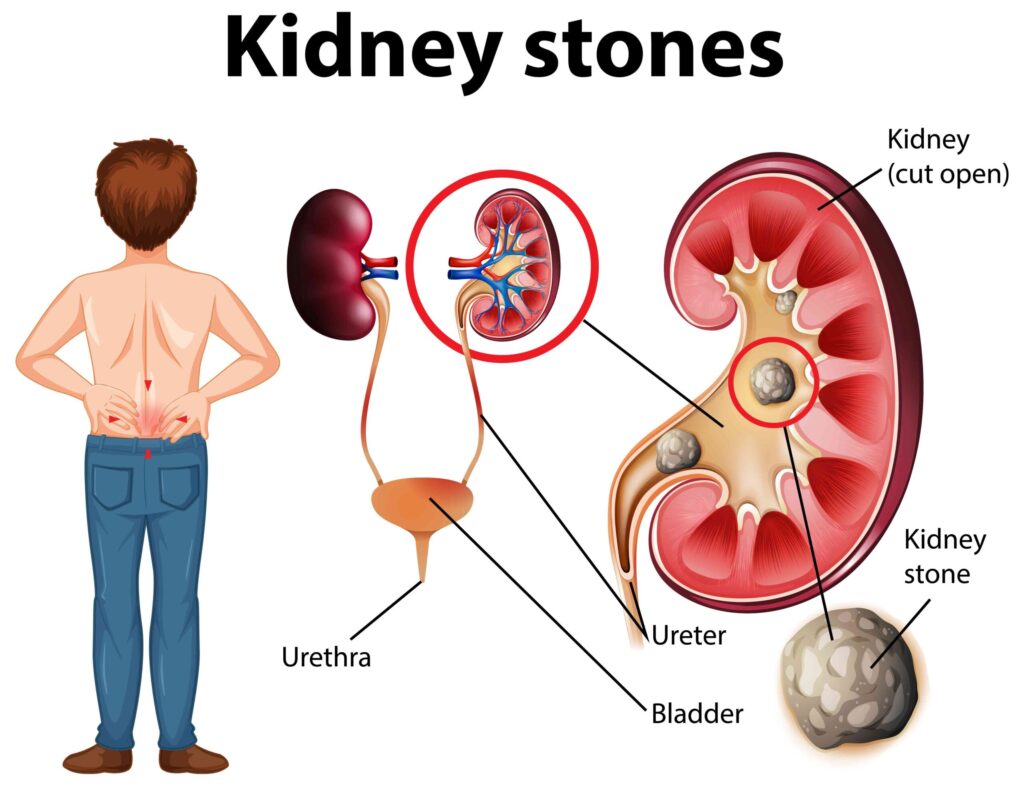
Renal Transplant
A renal transplant, also known as a kidney transplant, is a surgical procedure that replaces a diseased or damaged kidney with a healthy kidney from a donor.
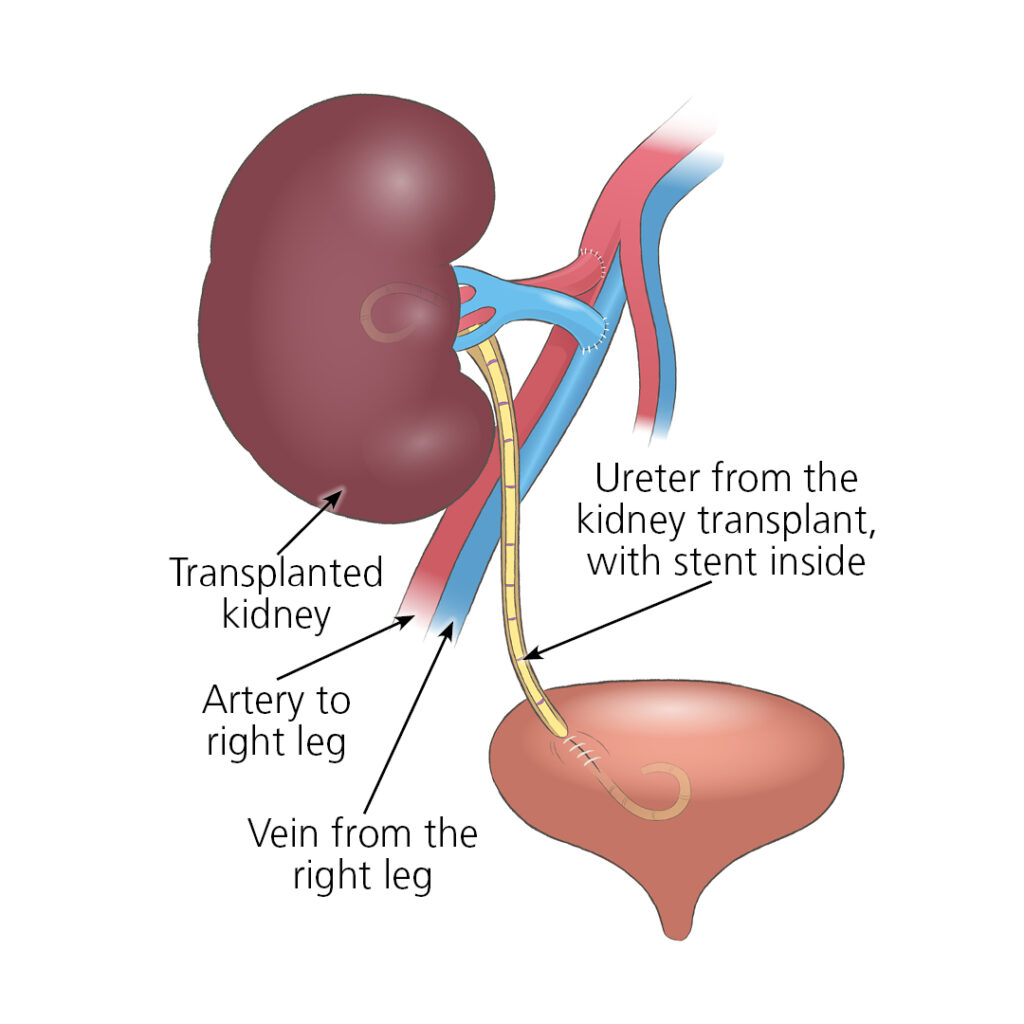
Diabetes
Diabetes is a chronic disease that causes high levels of blood sugar. It occurs when the body doesn’t produce enough insulin, or doesn’t use insulin properly. Insulin is a hormone that helps the body convert glucose into energy.

Acute Kidney Diseases (AKD)
Acute kidney disease (AKD) refers to the sudden onset of kidney dysfunction that impairs the kidney’s ability to filter waste, regulate fluids and electrolytes, and maintain overall homeostasis.
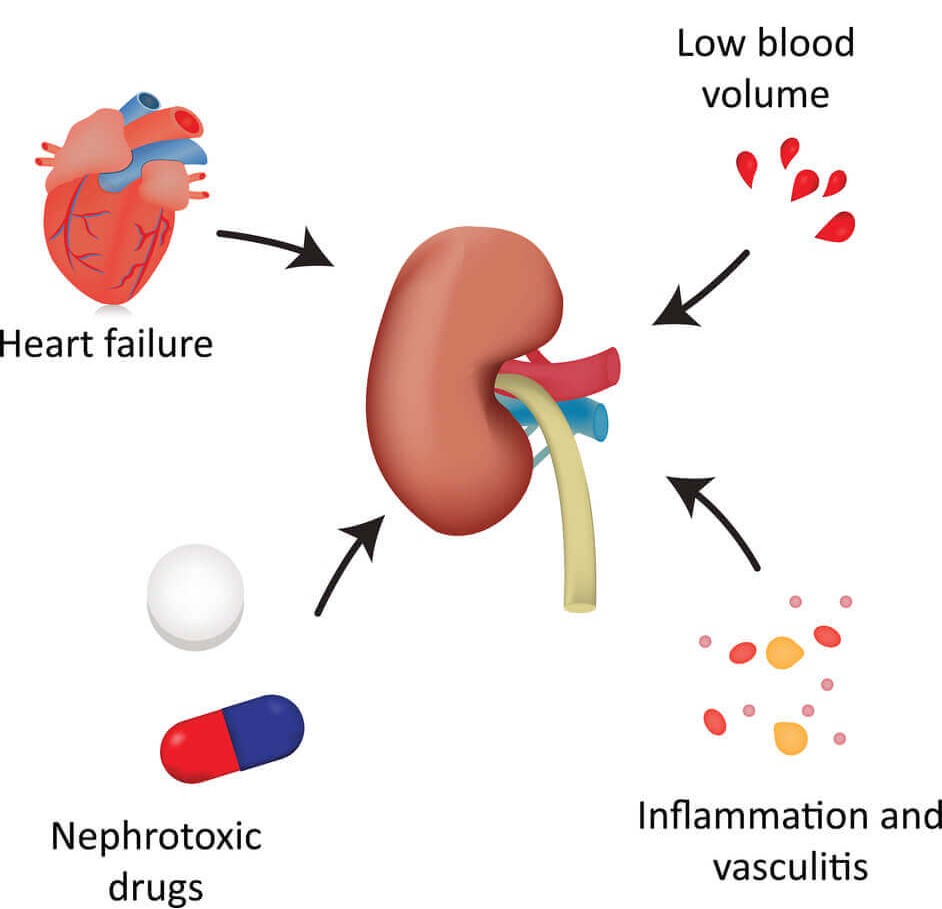
Chronic Kidney Disease (CKD)
Chronic Kidney Disease (CKD) is a long-term condition where the kidneys gradually lose their ability to function properly over time. The kidneys are responsible for filtering waste products and excess fluids from the blood, regulating blood pressure, and maintaining the balance of electrolytes in the body,
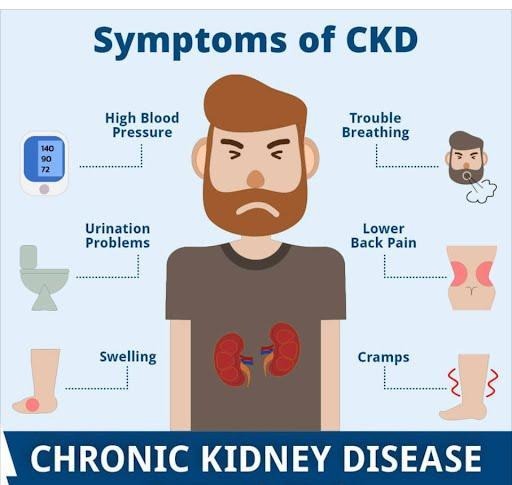
Glomerular Diseases
Glomerular diseases refer to a group of kidney disorders that primarily affect the glomeruli, which are tiny blood vessels in the kidneys responsible for filtering waste and excess fluids from the blood. These diseases involve inflammation, damage, or dysfunction of the glomeruli, which can lead to impaired kidney function.
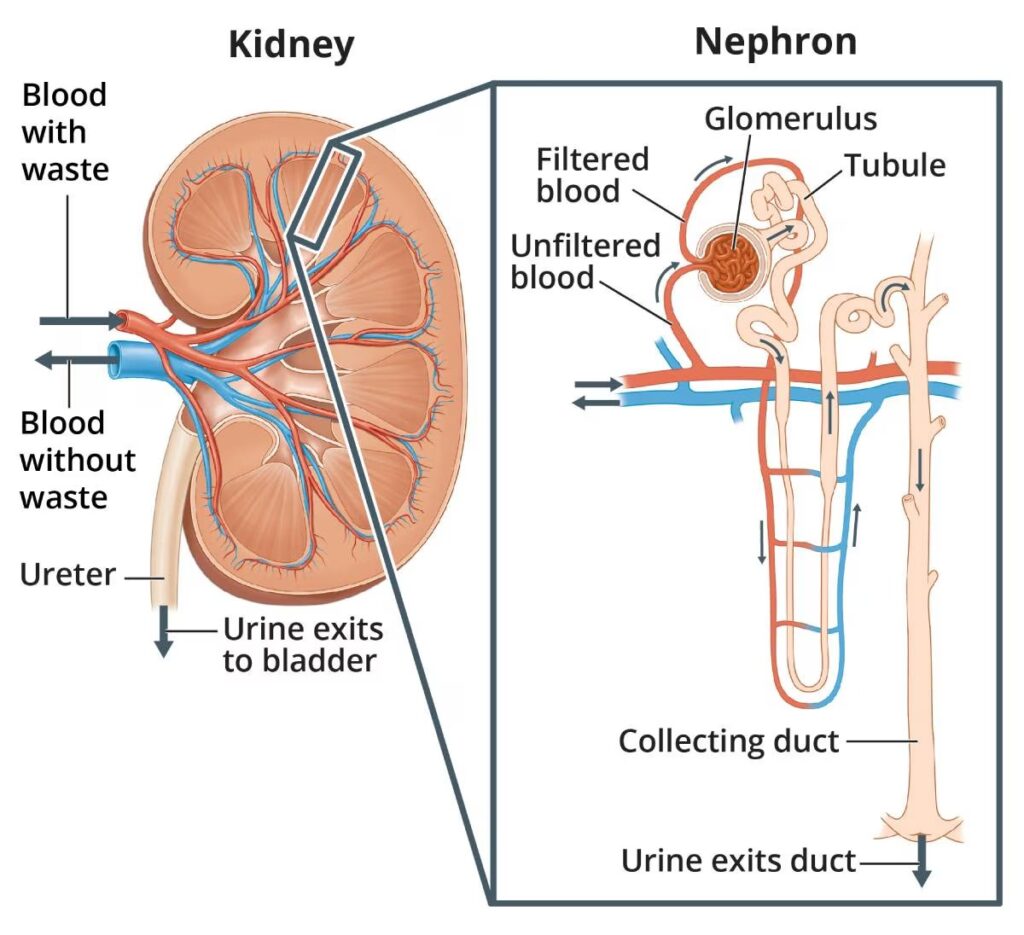
Tubulointerstitial Disorders (TID)
Tubulointerstitial disorders refer to a group of kidney conditions that primarily affect the tubules and interstitial tissue of the kidneys. The tubules are small structures within the kidneys responsible for reabsorbing water, salts, and nutrients from the filtrate (the fluid that becomes urine). The interstitial tissue is the space surrounding the tubules that supports kidney function.
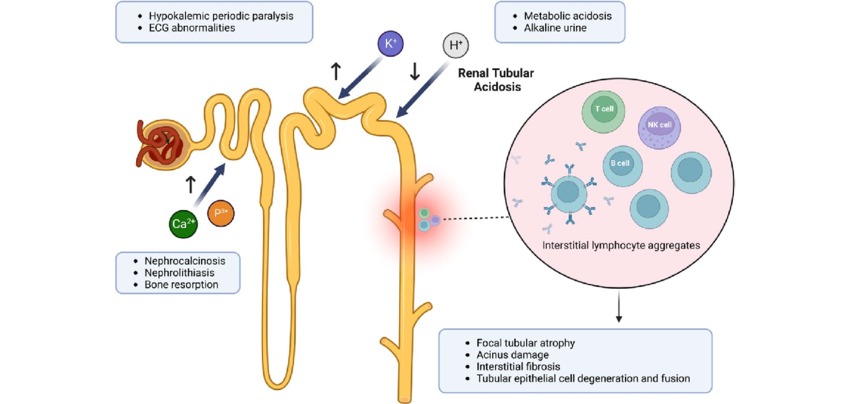
Critical care nephrology
Over the past several decades, the acuity of hospitalized patients has increased, as has the percentage of time that nephrologists spend caring for patients in intensive care units. This includes both the care of patients with CKD or dialysis-dependent kidney failure who are predisposed to the development of critical illness in the setting of sepsis, cardiovascular disease, and postsurgical management as well as the management of patients with various etiologies of AKI.

Kidney Biopsy
A kidney biopsy is a medical procedure in which a small sample of tissue is taken from the kidney for examination under a microscope. It is often used to help diagnose kidney diseases, assess the severity of kidney damage, or determine the cause of abnormal kidney function. The biopsy can provide crucial information about conditions such as glomerulonephritis, kidney transplant rejection, or other kidney disorders.
